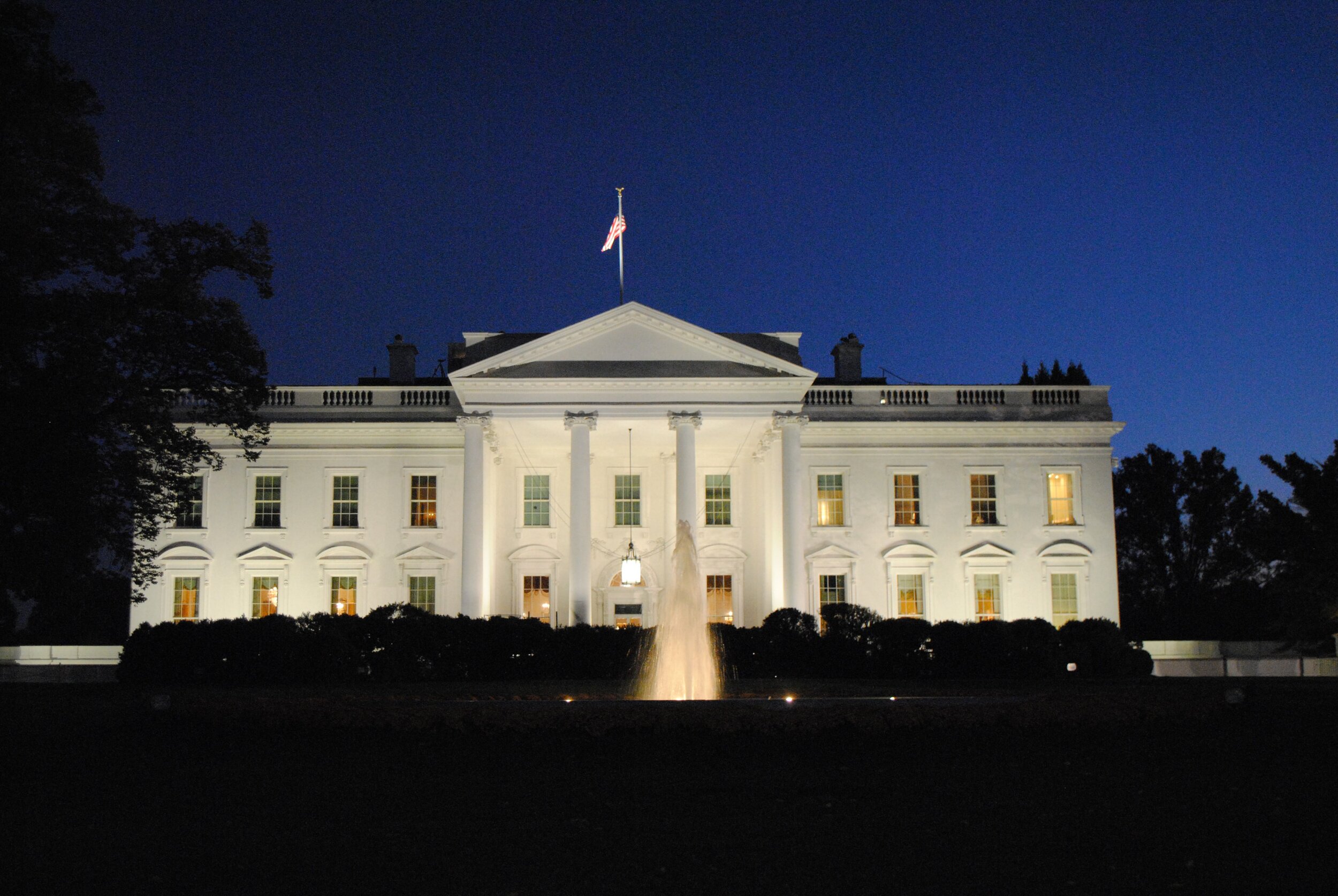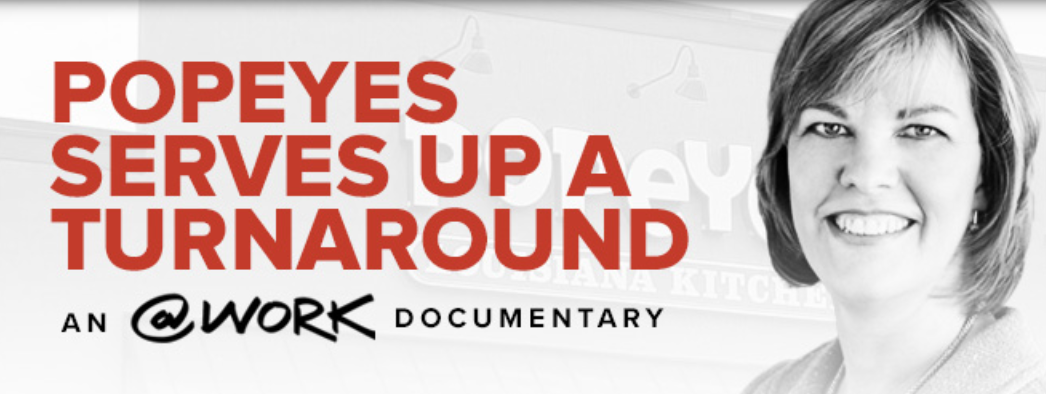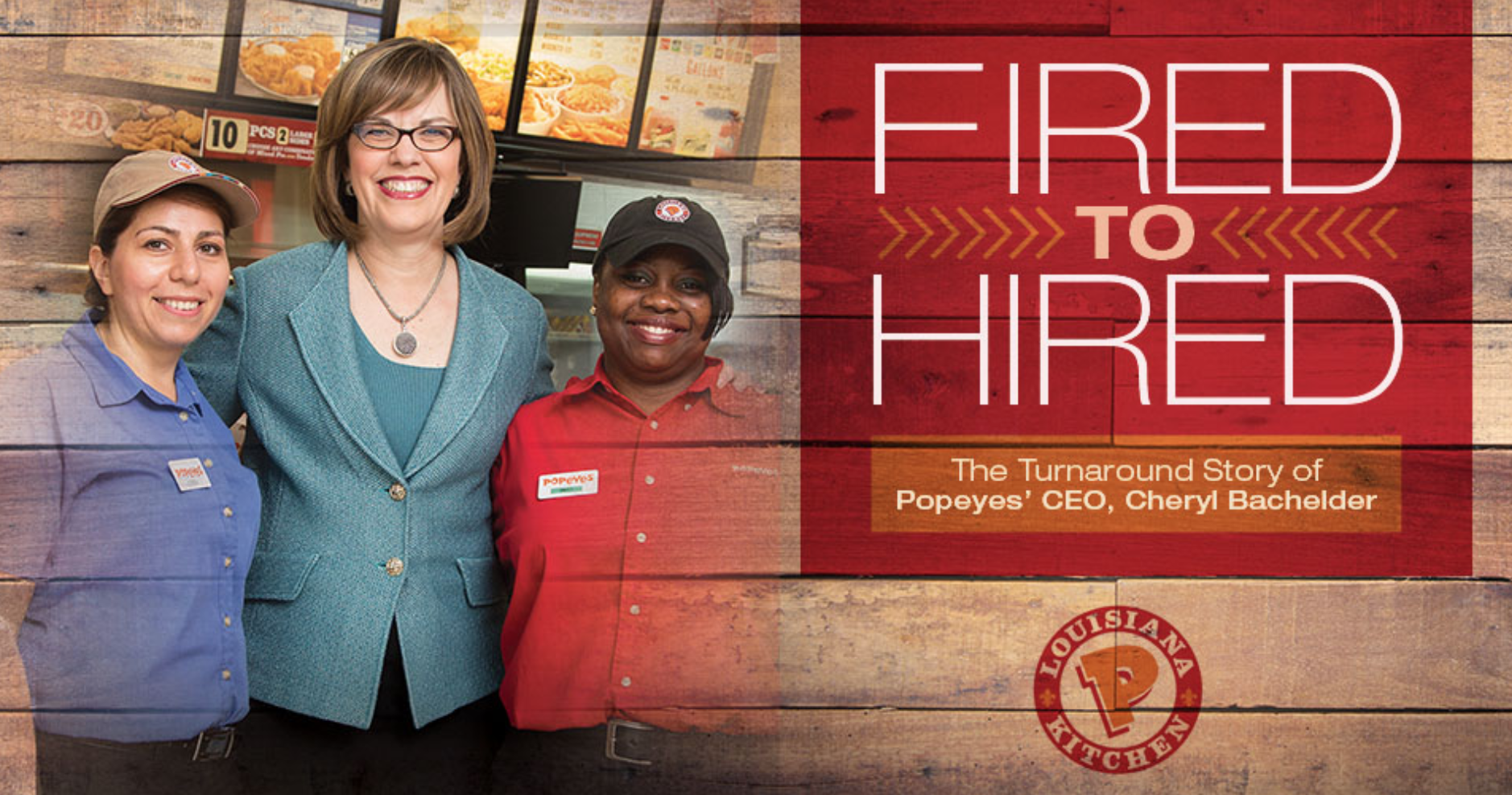Power and How to Use It
— by Bill Wichterman
Perhaps you know the Peter Parker Principle from Stan Lee’s Spiderman comic books: “With great power comes great responsibility.” It’s a variation of Jesus’ words, “From everyone who has been given much, much will be demanded.”
I got to know Stan Lee, and I invited him to have breakfast with me in the West Wing of the White House when I was a Special Assistant to President George W. Bush. We talked about the Peter Parker Principle, and I lauded him for smuggling into popular entertainment such an important idea.
James Baker, former White House Chief of Staff, tells the story of being chauffeured to the White House with his security detail and seeing a former Chief of Staff standing alone on a Washington street corner. Baker was struck by the same thing that never ceases to fascinate me: power is fleeting.
For me, power presents a constant temptation to use it to exalt myself, my reputation, my kingdom, my legacy – things that will mean nothing after I’m dead and forgotten. And when I stand before God and am called to account for how I used the power I was given, I don’t want to be ashamed. I want to use it well, advocating for those without power -- the poor, the oppressed, and the voiceless.
I have less power now than I did in the White House – a lot less. But however small our power is, it’s on loan to us to use it wisely. Every day brings new opportunities to faithfully use our power well. A smile, a soft response to an angry person, a word of affirmation – all of it is meant to serve others. Little things matter. In a way, there are no little things if God has called you to do them. We are foolish to plan for how we can serve God tomorrow in some big and flashy way if we neglect the things He wants us to do today.
You may have a lot less power than you’d like to have. You may be unemployed or under-employed, shunted aside in your workplace, sidelined by illness, or facing the realization that the dreams of your youth aren’t going to happen. Disappointment is hard, but it doesn’t mean we’re worthless. Jesus said, “Whoever can be trusted with very little can also be trusted with much, and whoever is dishonest with very little will also be dishonest with much” (Luke 16:10).
In God’s economy, what matters is being faithful with what we’ve been given, great or small. God has a plan for the world that includes you, where you are today. Every day that we humbly submit to God and seek to serve him, he uses us. He’s not too busy to use our “little” acts of kindness, regardless of whether or not others notice.
The author Mary Ann Evans (pen name was George Eliot) wrote that goodness in the world “is partly dependent on unhistoric acts; and that things are not so ill with you and me as they might have been, is half owing to the number who lived faithfully a hidden life, and rest in unvisited tombs.”
I don’t know if anyone will visit my grave, and frankly, I won’t know or care if they do. I will get zero satisfaction for how I’m remembered. But there is an Audience of One for whom I will care in eternity, and I want to play to Him.
God cares no less about what I do now than He did when I was advising the President. In God’s economy, the Oval Office and the back office are equally important. The nineteenth-century Dutch Prime Minister and theologian Abraham Kuyper said, “There is not a square inch in the whole domain of our human existence over which Christ, who is Sovereign over all, does not cry: ‘Mine!’”
Seeing power for what it is requires developing eyes that see the unseen. That’s hard when the seen seems so compelling. But pecking orders don’t impress God. Faithfulness does impress Him.
Once, while Francis of Assisi was hoeing his garden, he was asked, “What would you do if you suddenly learned that you were to die at sunset today?” He replied, “I would finish hoeing my garden.” God cares about today’s hoeing. Do it well.
This article was originally posted here by Oakton Foundation
Related articles
I have become convinced that humility is God's secret weapon to thwart the ultimate enemy of pride and bring pockets of heaven to earth. If I can focus on how Jesus must increase and I must decrease, then God will, without fail, use me for his purposes. Easier said than done.
We tend to operate with either the idea that there is no craftsman or that somehow we’re to be our own craftsman. If there is no craftsman, then we should do the best we can, pray and hope for the best.
A Lean organization maximizes customer value by continuously eliminating waste in its process with the goal of creating more value using fewer resources.
God cares no less about what I do now than He did when I was advising the President. In God’s economy, the Oval Office and the back office are equally important.
Andy Crouch, Partner at Praxis, explains what happens at the intersection of strength and openness in a time of crisis.
Anthony Tan, CEO of Grab, shares the story that led to 9 million drivers in 352 cities.
Starting a business means sleepless nights, unpredictability, capital burn, and the threat of competition. Why then would the leaders of a new venture rusk moving to a country with an unproven tech work force?
In this 80-second video, Donnie Smith, president and CEO, Tyson Foods, unveils an unorthodox and powerful new leadership model for you to consider.
Upon recognizing the problem, Jesus responded with compassion. It is the quality of a leader’s response to the need that sets a great leader apart from ordinary leaders.
Do I have a teachable spirit? Do I pursue wisdom and thirst after understanding each day? Tough questions that bring me to another one, do I really expect God to teach me something each day?
Words are powerful. Words impact us. Words can brighten our days, encourage our hearts, and save our lives. Words can also tear us down, close us off, and even endanger our lives.
In a business world that prioritizes productivity, speed, and profits, Christians may feel like Monday through Friday belongs to the world while Sunday belongs to God. But Scripture beckons Christians toward a more holistic lifestyle. “Whatever you do,” Paul says in 1 Corinthians, “do it all to the glory of God.”
In the midst of uncertain times, Luke Roush and Jake Thomsen of Sovereign’s Capital provides a framework for how Christian business leaders can think about the unusual power and leverage the present circumstances have afforded them…
When Cheryl Bachelder took the helm at Popeyes Louisiana Kitchen, sales and profits were declining and shareholders and franchisees were unhappy. Today, sales are up, profits are up, and Popeyes stock has leaped from $13 on Cheryl's first day on the job to consistently over $50 per share today. So what's the secret ingredient to Popeyes’ turnaround? RightNow Media presents an @ Work Documentary that looks at how Cheryl's unique strategy of servant leadership proved to be a recipe for success.
She never became a high school choir director, but at Popeyes, Cheryl Bachelder has become a conductor of people. Her personal commitment to Jesus’ model of servant leadership has transformed the culture of a corporation. The impact of her faith can be felt throughout the company—from the executive offices to the restaurant’s front counter in the words “How may I serve you?” That’s music to Cheryl’s ears.
In this video, we take a look at why Prime Trailer gives its employees an entire paid day off to go out and serve the needs they see in their community! CEO Wes Gardner encourages other business owners to let their people be themselves—to do what they’re excited about in their jobs and in their community.
She might not be the person you would expect to see seated at the top of a company in a male-dominated industry. But Dina Dwyer-Owens, Executive Chairwoman of the Dwyer Group, is very comfortable at the helm of a company operating across the fifty United States and seven other countries around the world. She earned the position and re-earns it, every day in every way.
Leader development is not a test they need to pass, it’s an investment we need to make. From that standpoint, you can’t fail to lead well and stop there. You can only fail to learn and move forward.
This article is from our friends at Radical Mentoring — an intentional small group mentoring process to help you engage your men, build your core group of leaders, and transform your church. This post ponders Matthew 9:13 and the meaning of mentoring.
A White Paper from The Christian Economic Forum — Dr. Emmanuel V. Dalavai argues entrepreneurial intentions and their motivation(s) are essential to understand better how Christians operationalize business formations by reviewing relevant theoretical backgrounds in support of an intentions-based model to explain entrepreneurship behavior.
A White Paper from The Christian Economic Forum —
Matt Lesser shares a personal letter he received from his father to encourage him as an entrepreneur —“We have the opportunity and the responsibility to influence generations for God’s Kingdom through the marketplace. It will take concentration of effort and unified commitment to creating financial, cultural, and Kingdom returns…for such a time as this. As you embark on this journey, keep these principles at the forefront of your thinking: Vision, Impact, People, Balance, and Returns.”
All entrepreneurs wonder how to keep business going for the long term. In this post, Philip Clemens shares how his family has managed to stay in business for over 123 years! There is some great insight, strategy, and suggestions to implement in any company in order to stay in business for the long haul.
——
[ Photo by Tabrez Syed on Unsplash ]
























If an entrepreneur truly wants to help his pastor, he must first win trust with him. Pastors can be an untrusting lot; it takes time to gain collaborative access. At the outset, this puts many entrepreneurs off because they tend not to have much time and want things to move quickly.